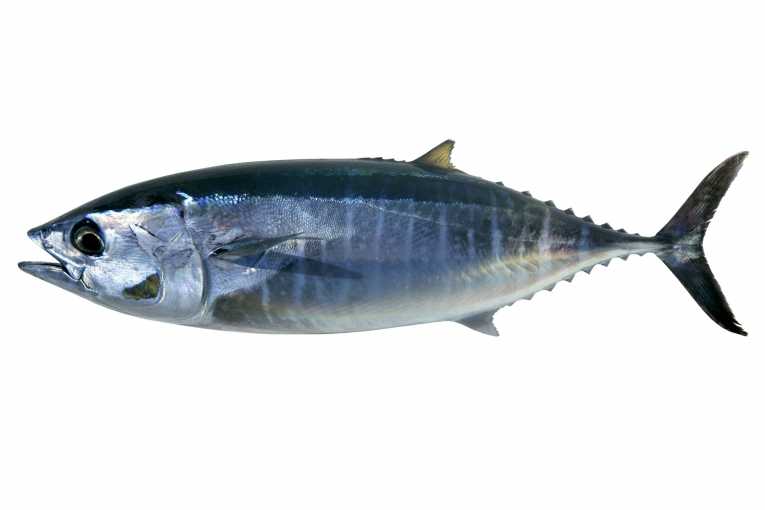In recent days, WWF and Greenpeace issued a call for the suspension of bluefin fishery in the Mediterranean, as tuna boats headed for the Libyan waters for the fishing season due to open on Sunday 15th May. With no agreed fishing plan and no choice of effective monitoring or enforcement activities, given the current unrest in the country, it looks like the Mediterranean tuna fleet is likely to exploit the possibility of unregulated hauls in Libyan waters.
In 1924, the well-known Italian biologist, Umberto D'Ancona observed that during World War I, the abundance of large predatory fish such as sharks and skates in the Adriatic increased. This led him to the conclusion that the reduced fishing effort throughout the war had allowed the fish to recover. However, as fishing intensified soon after the war, the abundance of these predatory fish soon returned to pre-war levels.
Similar observations were made for agricultural biodiversity, in an article published in the Journal of Applied Ecology in 2002. The authors report widespread post-war declines in the populations of many groups of organisms associated with farmland in Britain and north-west Europe.
Plants and birds have reportedly declined by up to 60% and 78% on farmland. They attribute this to intensification of agriculture, through increased chemical inputs and use of machinery that made operations quicker and more efï¬cient but at the same time negatively influencing on-farm biodiversity.
A study published in Conservation Biology in 2009 reports that over 90% of the major armed conflicts between 1950 and 2000 occurred within countries containing biodiversity hotspots, or less formally regions on our planet characterised by enhanced biological diversity.
It looks like the case of uncontrolled bluefin tuna fishing in Libyan waters defies generalisations made in previous discussions on the topic. Indeed, these fishermen are most likely to benefit from uncontrolled fishing expeditions, to the detriment of bluefin tuna populations.
But is this a sporadic case, or rather the norm in zones characterised by wars? A WWF report entitled ''Biodiversity and War: A Case Study of Mozambique'', suggests that biodiversity may not always gain from armed conflicts. The report states that wildlife resources, especially large mammals were decimated as hunting for meet and trophies increased, both inside and outside protected areas, and especially where troops were normally stationed. Similar to elsewhere,the post-war period was characterised by largely uncontrolled, and often illegal, harvesting of wildlife and forestry resources.










